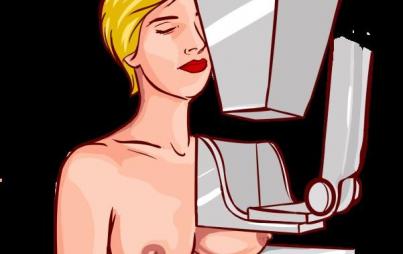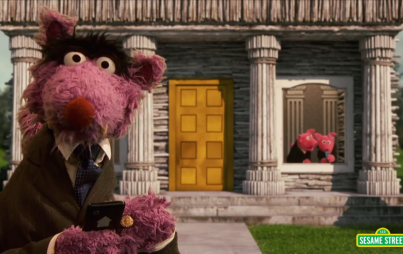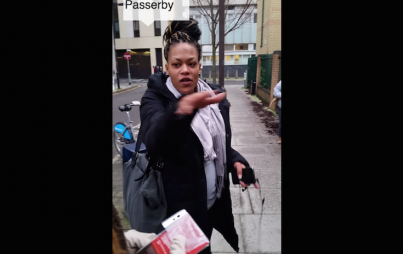
You can find some real gems in declassified government files from decades past. Case in point: Documents released last week by Britain’s National Archive shed light on how our neighbors across the pond actually viewed President Ronald Reagan. The relationship between the Reagan administration and that of his 1980s British contemporary, Margaret Thatcher, is broadly known as a conservative love story. Yet it appears that Reagan was generally viewed in the British government as—to quote one official—“a Bozo.”
Thatcher herself seemed to be fairly close with Reagan based on their shared vision for the West. They walked in step in their anti-Communist campaigns, and each made a hard push to replace the economics status quo based on the work of John Maynard Keynes, with low taxes and trickle-down economics (a Fox News correspondent gets his wings every time this phrase is uttered). But documents reveal that all the while, her advisors and other senior members of the government were appalled by Reagan, who they saw as "bumbling" and ignorant.
In fact, damning observations about the Gipper by British foreign service officers stationed in the U.S. were big hits back in London, where some of the briefings were copied and circulated throughout various government sectors.
Here are some highlights from the 1980s British ambassador to the U.S., Nicholas Henderson—who ironically was sent to Washington to smooth Anglo-American relations after Falkland’s War tensions. (He named one of his briefings “The Reagan Administration or How the West Was Won”):
*On Reagan’s views of gay people: “He has clear-cut opinions, not to say prejudices, as was apparent to me when he told me à propos Keynes that it must not be forgotten that he was a homosexual.”
*Regarding Henderson’s shock that serious American operatives seemed happy to work under Reagan: “No one in Washington smirks when they are expounding the President’s views or communicating his policies. No one in . . . Washington decries his want of powers of analysis or his inability to argue a closely reasoned case.”
*On Reagan’s foreign policy based on his Wild West heritage: “California is on the lookout for baddies and Public Baddie No. 1 is the Soviet Union . . . baddies, as we all know, have only one proper fate: to bite the dust.”
*Regarding the next presidential election, two years off at his time of writing: “This then is the guy with whom we have to deal and with whose instincts we have to live, God willing, for at least the next two years. From a European point of view it is not an ideal prospect.”
Other officials, too, got in on the Bozo-bashing:
*The early-1980s Deputy Under-Secretary of State for Foreign and Commonwealth Affairs complained of the U.S. administration’s unwillingness to cooperate with allies: “There is still a disturbing tendency, if consultation does not produce an early and desired result as far as the Americans are concerned, for the administration to go their own way virtually regardless of the consequences. I fear that this may be a feature of life that we shall have to get used to with the Reagan administration. Patience is not a strong suit in Washington these days.”
*A British senior diplomat conjectured: “My guess is that it’ll take some time before Reagan gets labeled as a Bozo by Middle America.”
The diplomat sure missed the mark on that prediction. Indeed, large swaths of the Thatcher government must have been flummoxed to see that the other shoe never dropped on Americans realizing the Gipper was something of an intellectual lightweight.
Perhaps we’ll get some cross-longitudinal data on other allies’ views of the actor-turned-president as additional government files are declassified across Europe. I’m going to go out on a limb and predict the French weren’t too keen on him, either. Perhaps they called him stupide?
Image of Reagan addressing the British Parliament (wonder what the guards behind him were thinking?): Wikimedia Commons






